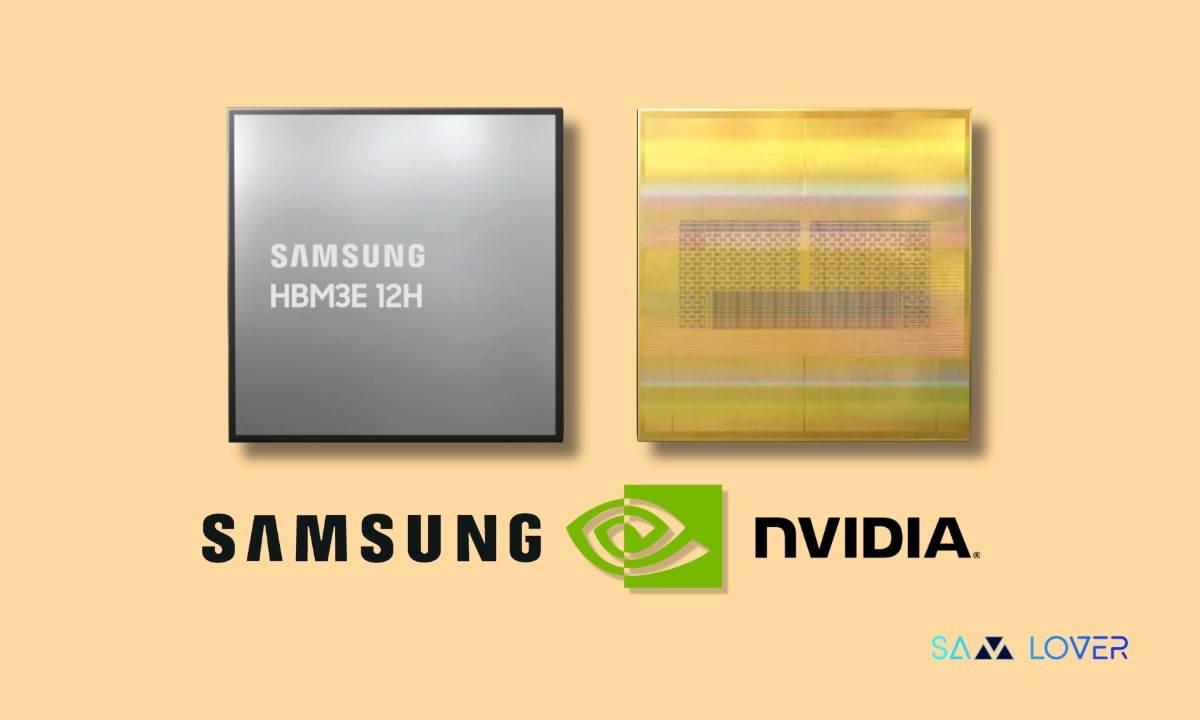Samsung Electronics has commenced mass production of its 12-layer HBM3E chipsets, a move that appears to be a preemptive strategy to ensure timely supply of these advanced chipsets once Nvidia grants approval, which is anticipated to occur within the first half of the year.
A recent report from ZDNet Korea indicates that Samsung is on the verge of obtaining Nvidia’s approval for its new 12-layer HBM3E chipset. Despite already initiating mass production of its flagship memory chips, which are intended for use in Nvidia’s AI accelerators utilized by various tech firms for AI processing, the company is taking proactive measures.
According to reports, Samsung’s enhanced 12-layer HBM3E chips began mass production in February, leveraging the company’s in-house 1a DRAM (fifth-generation 10nm class) technology, which is expected to deliver improved performance compared to previous HBM3E chipsets. However, they failed to meet Nvidia’s expectations in testing during the second half of 2024, resulting in significant losses.
It is anticipated that the Korean tech giant will be able to produce between 120,000 to 130,000 units of HBM3E chips per month. Notably, the entire production process spans approximately six months. If Nvidia approves the chipset order in June or July, it may be challenging for Samsung to initiate mass production at that time, as it could be too late.
Nvidia is also expected to transition to HBM4 chips for its new AI accelerator, called Rubin, later this year. This has prompted Samsung to start mass production of 12-layer HBM3E chips ahead of time, in order to avoid a situation where they lack sufficient stock by the time they receive approval from Nvidia.
Related
Source Link





